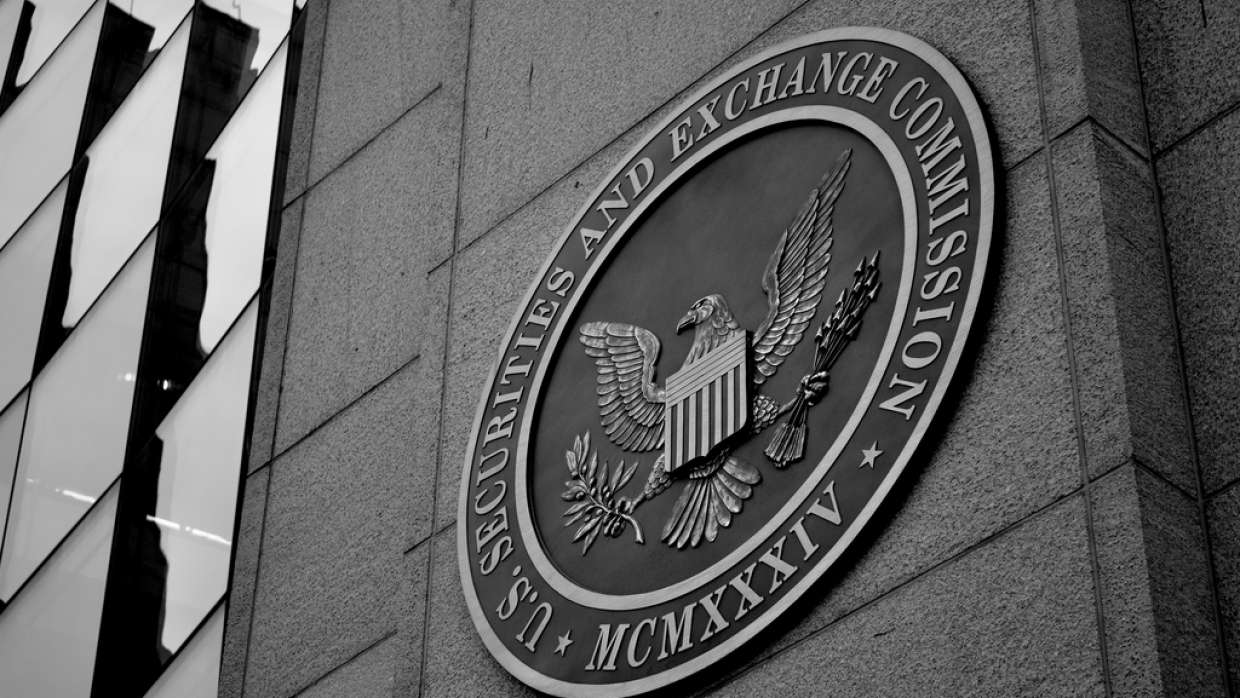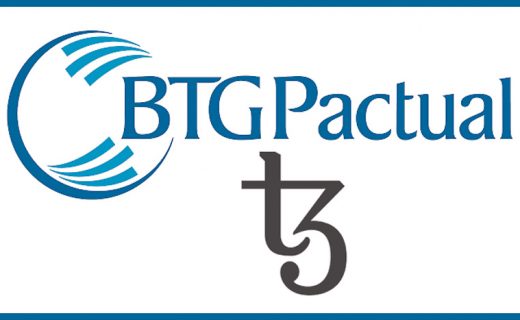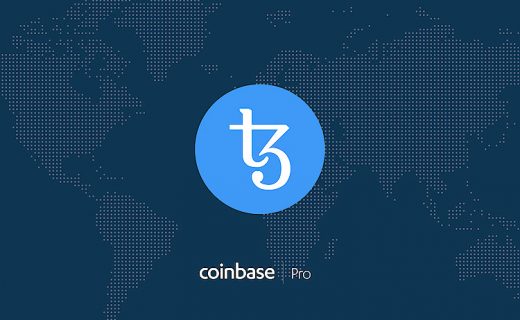According to a report in the New York Times yesterday, the venture capital firm Andreessen Horowitz helped assemble a group of investors and lawyers that met with the Securities and Exchange Commission in late March. The Silicon Valley-based venture capital firms and their special counsel met with senior officials from the SEC’s Division of Corporate Finance and the offices of some commissioners on March 28.
The companies argued that regulation could suppress innovation, and proposed that cryptographic tokens do not constitute investments and therefore are not securities. Instead, tokens should be viewed as a means of accessing blockchain-based services and networks, and should be considered “utility tokens,”
Regulators have indicated in private meetings that they are considering whether virtual currencies — including Ether, the second most widely used digital token — should be categorized as a security, according to three people who have been in the meetings. That designation could cause a significant drop in the value of Ether.
Richard Levin, a lawyer at the firm Polsinelli who works with companies in the space said:
“It’s a ‘come to the lord’ moment. We are seeing a watershed moment in which many firms in the digital asset community who may have been ignorant of the law — or poorly informed — are now coming to terms with the fact that they are subject to regulators.”
The group led by Andreessen Horowitz called themselves the “Venture Capital Working Group,” according to the proposal. The group included the two largest venture capital firms in the virtual currency industry, Andreessen Horowitz and Union Square Ventures. It also included lawyers from Cooley, Perkins Coie, and McDermott Will & Emery.
Thousands of virtual currencies have been created through so-called initial coin offerings in which entrepreneurs sold digital tokens to raise money for their projects. The tokens are generally intended to serve as internal payment methods in software that the entrepreneurs are building.
Over the past year, entrepreneurs have raised more than $6 billion through initial coin offerings. These coins mostly trade on unregulated virtual currency exchanges. Many entrepreneurs have said that because their tokens have a utility, as a payment method, they should not be considered investment contracts or securities.
Notably, SEC chairman Jay Clayton raised doubts about the utility token classification earlier this month during a speech at Princeton University, reiterating his previous statement that almost all token sales offer securities.
Clayton said in the speech:
“If I have a laundry token for washing my clothes, that’s not a security. But if I have a set of 10 laundry tokens and the laundromats are to be developed and those are offered to me as something I can use for the future and I’m buying them because I can sell them to next year’s incoming class, that’s a security.”
The S.E.C. has sent subpoenas to dozens of people and companies in the virtual currency industry asking for information about how various digital tokens were issued and marketed to investors.
When investments are securities, they generally need to have paperwork filed with regulators and can only be traded on regulated exchanges, like those where stocks and commodities are bought and sold. No regulated securities exchanges offer virtual currency trading.
Most investors assume that Bitcoin is safe from being categorized as a security because it was not originally issued through an initial coin offering or central organization. New Bitcoins are distributed on a daily basis to computers helping to maintain the network. Some large virtual currencies, like Litecoin and Monero, have similar designs.
But Ethereum, the virtual currency network that houses the Ether virtual currency, did raise money by selling Ether tokens to investors through what was then called a pre-sale and is now often called an initial coin offering. The Ethereum Foundation took in Bitcoin that were worth around $18 million at the time. Ether are now distributed in a manner similar to that of Bitcoin.
The group pulled together by Andreessen Horowitz said in its proposal that Ether “has become so decentralized it should not be deemed a security.”
The proposal suggests that digital tokens should generally be exempt from securities laws if they achieve “full decentralization” or “full functionality.” It adds that full decentralization could occur under several conditions, including “when the token creator no longer has control of the network based on its ability to make unilateral changes to the functionality of the tokens.”
The proposal says a token is fully functional when it can be used for its intended purpose on a computer network and is not just useful as a speculative investment, which is the case with many tokens today.
The group notes that these definitions are only suggestions, but the “proposed safe harbor has been vetted by, and has the support of, many of the key players in the industry.”
The SEC has privately expressed skepticism to such a broad exemption, and is more likely to opt for a “limited exemption” from oversight, wherein each investor would acquire investments limits, and the purchased tokens would not be resold to third parties for profit.





Comments are off this post!